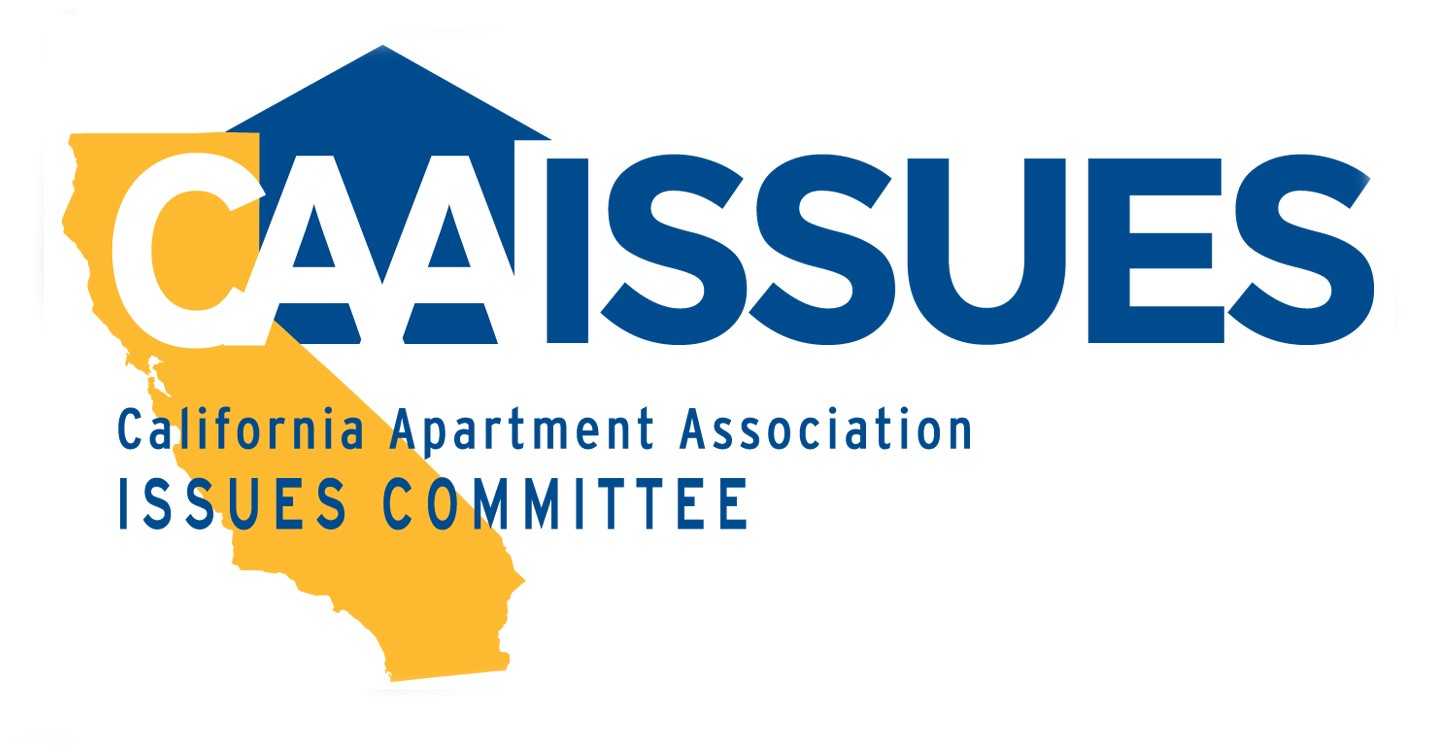Gov. Gavin Newsom late Monday signed the COVID-19 Tenant Relief Act of 2020, legislation that prohibits the eviction of renters with genuine COVID-related hardships but reopens the unlawful-detainer process for tenants who cause problems at the property.
The legislation, AB 3088, was signed into law shortly after passing the Assembly on a vote of 61-8 with 10 abstentions. Earlier Monday, the bill cleared the Senate on a 33-2 vote with five abstentions. The law took effect immediately.
The California Apartment Association engaged in around-the-clock negotiations with the governor’s office and leaders in the Senate and Assembly on the bill, which offers a less-burdensome alternative to AB 1436, the “free rent” bill that CAA adamantly opposed.
The primary authors of AB 3088 include Sen. Anna Caballero, D-Salinas; Sen. Steven Bradford, D-Gardena; Assemblywoman Monique Limón, D-Santa Barbara; and Assemblyman David Chiu, D-San Francisco.
Lawmakers rushed to pass AB 3088 amid dual deadlines. The 2019-2020 legislative session expires at midnight tonight, Aug. 31; the Judicial Council’s moratorium on unlawful-detainer cases, meanwhile, is set to lapse at midnight Tuesday, Sept. 1.
AB 3088, urgency legislation, needed to pass both houses with a super majority so that it could be in effect today. The governor signed the bill into law shortly after it reached his desk late Monday.
The COVID-19 Tenant Relief Act will create protections against evictions for tenants with legitimate financial hardships due to COVID-19, but it’s not the blanket eviction ban seen under the Judicial Council’s Rule 1.
Under AB 3088, landlords can again proceed with eviction cases against tenants who cause problems at the property, such as by causing nuisances or threatening their neighbors. Rental property owners haven’t had this tool since the Judicial Council imposed its eviction moratorium on April 6. The bill also will allow owners to terminate the tenancies of renters who have the wherewithal to pay rent but refuse to do so.
To qualify for eviction protections under AB 3088, tenants must claim a COVID hardship by signing and returning a declaration. High-income tenants, those making 130% of the area median income, will have to provide documentation of their COVID-related hardship.
Qualifying tenants cannot be evicted for rent unpaid between March and September. Going forward, though, tenants who qualify for eviction protections will need to start paying at least some of the rent. By Jan. 31, 2021, at least 25% of the rent owed since September must be paid. Otherwise, their landlord can proceed with an eviction case on or after Feb. 1, 2021.
Even with eviction off the table, unpaid rent is not forgiven. It would become consumer debt collectible through small-claims court. The current small-claims monetary limits have been eliminated to address the unpaid rent owed to the property owner.
The measure also deals with the myriad of local ordinances passed since the stay-at-home orders began. Under the bill, local ordinances that expire cannot be changed or renewed this year, and state law will take over after expiration. The bill also includes mortgage protection for small properties.
Debra Carlton, CAA’s executive vice president of state public affairs, said that the legislation provides a stopgap but that more needs to be done to help both landlords and tenants.
“To truly address this crisis, the federal government needs to step up,” said Debra Carlton, CAA’s executive vice president of state public affairs. “COVID-impacted renters need financial assistance, from the feds, so they can pay their rent. Otherwise, renters will be hard-pressed to pay the rent that’s accumulated, and housing providers will go out of business.
While not perfect, AB 3088 is a vastly better alternative to AB 1436.
AB 1436 by Assemblyman Chiu would have encouraged tenants — including those without financial hardships from COVID-19 — to skip rent payments without fear of eviction. Additionally, AB 1436 proposed to let tenants skip rent payments without providing any paperwork, let alone proof, that they had been negatively affected by COVID-19, making the bill tantamount to a government-sanctioned rent strike. Furthermore, AB 1436 would have granted tenants the legal right to withhold their unpaid rent until April 1, 2022.

